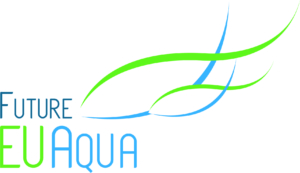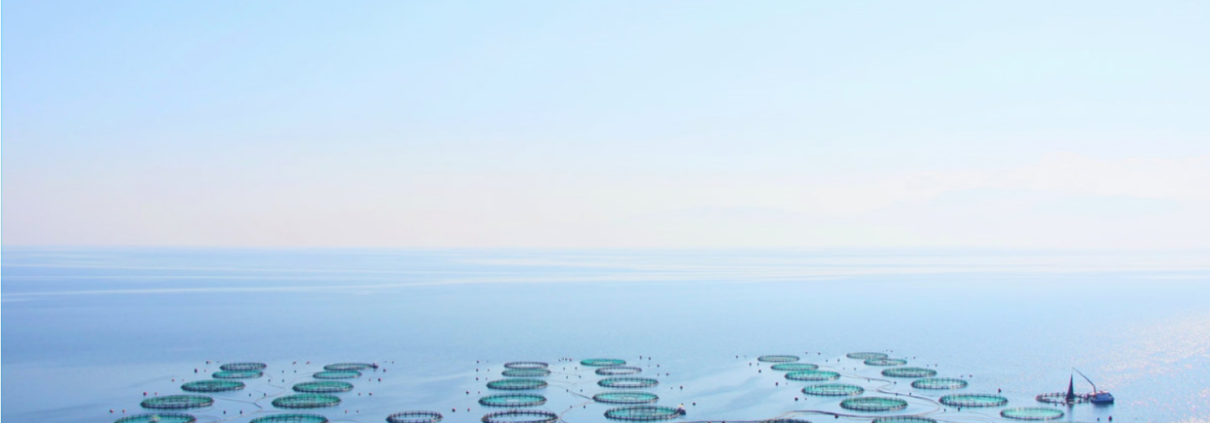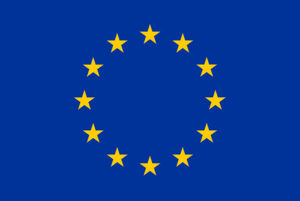Get to know: Galaxidi Marine Farm
In the following partner interview, we asked Galaxidi Marine Farm to tell their story. Here is what they had to say.
-
Please introduce your company
Galaxidi Marine Farm (GMF), established in 1987 near the town of Galaxidi in Central Greece, stands amongst the oldest and most successful aquaculture companies in Greece. It is a vertically integrated company, operating two hatcheries (one of which dedicated to the production of organic seabass and seabream juveniles), six unit farms (one of which dedicated to organic production) and one state of the art packaging & processing station. The main species produced are Gilthead Seabream (Sparus aurata), European Seabass (Dicentrarchus labrax) and Meagre (Argyrosomus regius) while continuous efforts to fully integrate new, promising species such as the Greater Amberjack (Seriola dumerili) are being made through the company’s participation in pioneering National and European funded programmes. Ninety-eight per cent (98%) of the company’s production is exported, to countries including Spain, Italy, Germany, France, Austria and more. In order to live up to the high-quality standards of its customers, the company holds a number of certifications regarding product quality, food safety, organic production etc (listed below).
EN ISO 9001:15 – EN ISO 22000:05 – BIO E.U. – BIO HELLAS E.U. – BIO NATURLAND:20 – GLOBALG.A.P.:19 – IFS FOOD:17 – ASC SSM:19 – MSC CoC:19 (ASC CoC) – FISH FROM GREECE:19
The company participates in a number of National and European funded programmes, and we, the people of the R&D department, are tasked with day-to-day management of those programmes, from financial reporting to coordinating and performing samplings. Our team consists of highly educated and continuously trained ichthyologists and biologists, ensuring the scientific integrity of the procedures. In addition to the State and European funded programmes, the R&D department is responsible for managing an in-house breeding program in collaboration with the Animal Breeding & Genomics Centre of the Institute Wageningen UR Livestock Research.
-
Importance of participating in Horizon 2020 projects?
The company from its early days displayed an orientation towards innovation, being pioneer in adopting new technologies such as AKVA automatic feeding system, Marel and Thema systems for fish weighing, grading and batching, Aqua manager software etc. Since the DIVERSIFY project (2013-2018), the company is actively pursuing its involvement in Horizon 2020 programmes as it acknowledges that investing in scientific research is pivotal for the development and adaptation of the industry.
Being a member of consortia such as those assembled at H2020 programmes, consisting of scientists renowned in their respective fields, and companies leading at a worldwide level, provides the company with the competitive edge as it is the end user to most of the outputs and innovations produced, be it novel aquafeeds, reproduction management techniques, monitoring systems and many more.
-
What are your main challenges and how can the project contribute to overcome these?
There are many challenges that the European aquaculture industry is facing and most of them apply to our company as well. Some of them are staying competitive at a global level, adapting as early as possible to the need for sustainably produced aquafeeds at the face of fragile aquatic ecosystems, responding to climate change, diversifying the production with integration of new species and products, staying up to date with the constant technological advances benefitting production, coping with availability of production space and more. FutureEuAqua addresses each of the aforementioned challenges, in dedicated Tasks and Subtasks of certain Work Packages.
Galaxidi Marine Farm (GMF) can benefit from consulting deliverables from all the WPs, but is even more involved and aware about the subjects of the WPs that is actively participating in. These are the development of novel, sustainable organic aquafeeds (WP2), that will suit its needs and perform equally or even better with even less environmental impact, and the development of innovative processing and packaging solutions (WP6), in order to increase the quality and shelf life of the final product.

 Galaxidi
Galaxidi 

 Photo: Terje Aamodt / Nofima
Photo: Terje Aamodt / Nofima